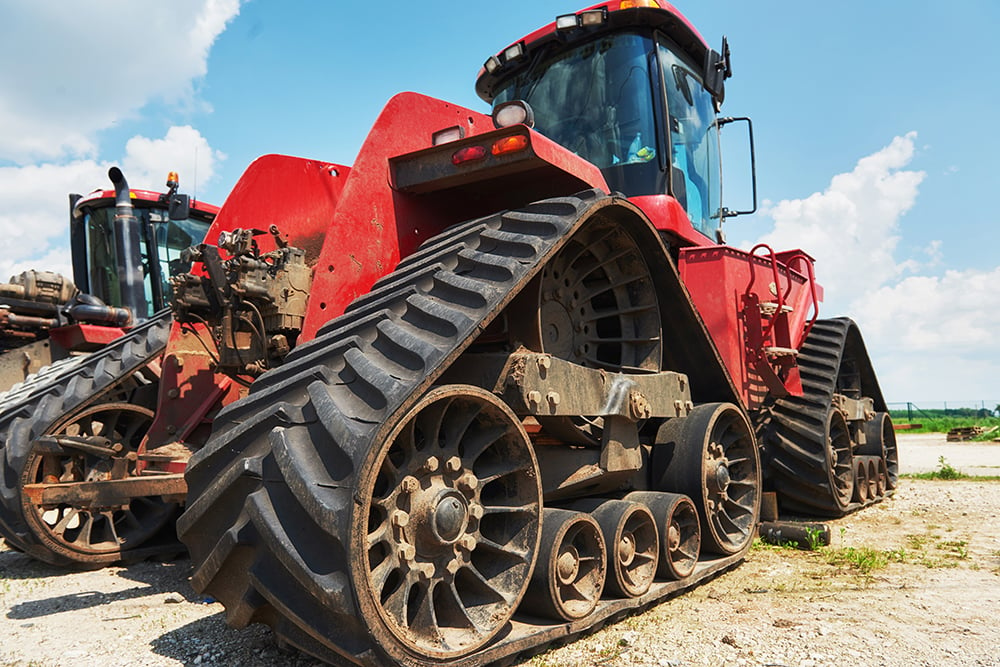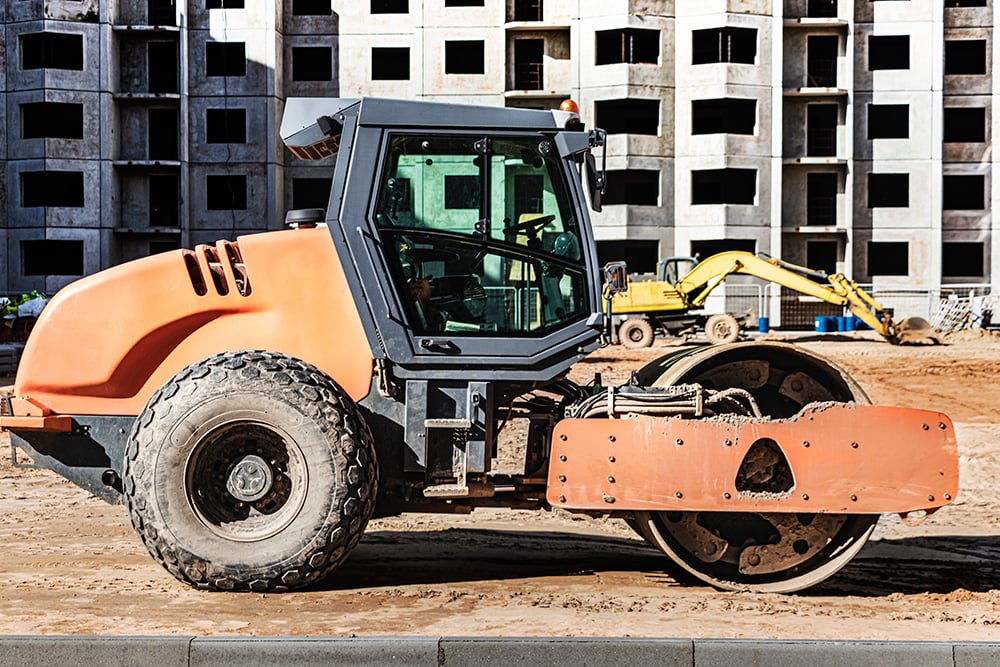
There are many reasons why business owners need to have a current appraisal completed for their machinery and equipment. Refinancing, mergers and acquisitions, tax and accounting regulations, trade-in or liquidation, new investors, and business disputes, to name a few. For each purpose, it is important to have a clear understanding of the appropriate types of values that will fit the particular project, as there will likely be a material difference between them.
Here are the most common types of value premises utilized in equipment appraisal, and their definitions as listed by the American Society of Appraisers:
Fair Market Value-Installed
An opinion, expressed in terms of money, at which the property would change hands between a willing buyer and a willing seller, neither being under any compulsion to buy or to sell and both having reasonable knowledge of relevant facts, considering market conditions for the asset being valued, independent of earnings generated by the business in which the property is or will be installed, as of a specific date.
Fair Market Value
An opinion expressed in terms of money, at which the property would change hands between a willing buyer and a willing seller, neither being under any compulsion to buy or to sell and both having reasonable knowledge of relevant facts, as of a specific date.
Orderly Liquidation Value
An opinion of the gross amount, expressed in terms of money, that typically could be realized from a liquidation sale, given a reasonable period of time to find a purchaser (or purchasers), with the seller being compelled to sell on an as-is, where-is basis, as of a specific date.
Forced Liquidation Value
An opinion of the gross amount, expressed in terms of money, that typically could be realized from a properly advertised and conducted public auction, with the seller being compelled to sell with a sense of immediacy on an as-is, where-is basis, as of a specific date.
Fair Market Value-Installed is often used when the equipment is part of a manufacturing or production facility where a lot of additional costs are associated with the purchase and installation. Fair Market Value is perhaps the most recognized term and best represents an arms-length transaction with no other considerations. Both Orderly and Forced Liquidation values are utilized by banks for financing purposes and by sellers who don’t have the ability or reputation to market their machinery in competition with typical dealers.
Before undertaking the valuation project you are working on, discuss these different premises of value with an experienced accredited appraiser who can assist with making the right choice.





